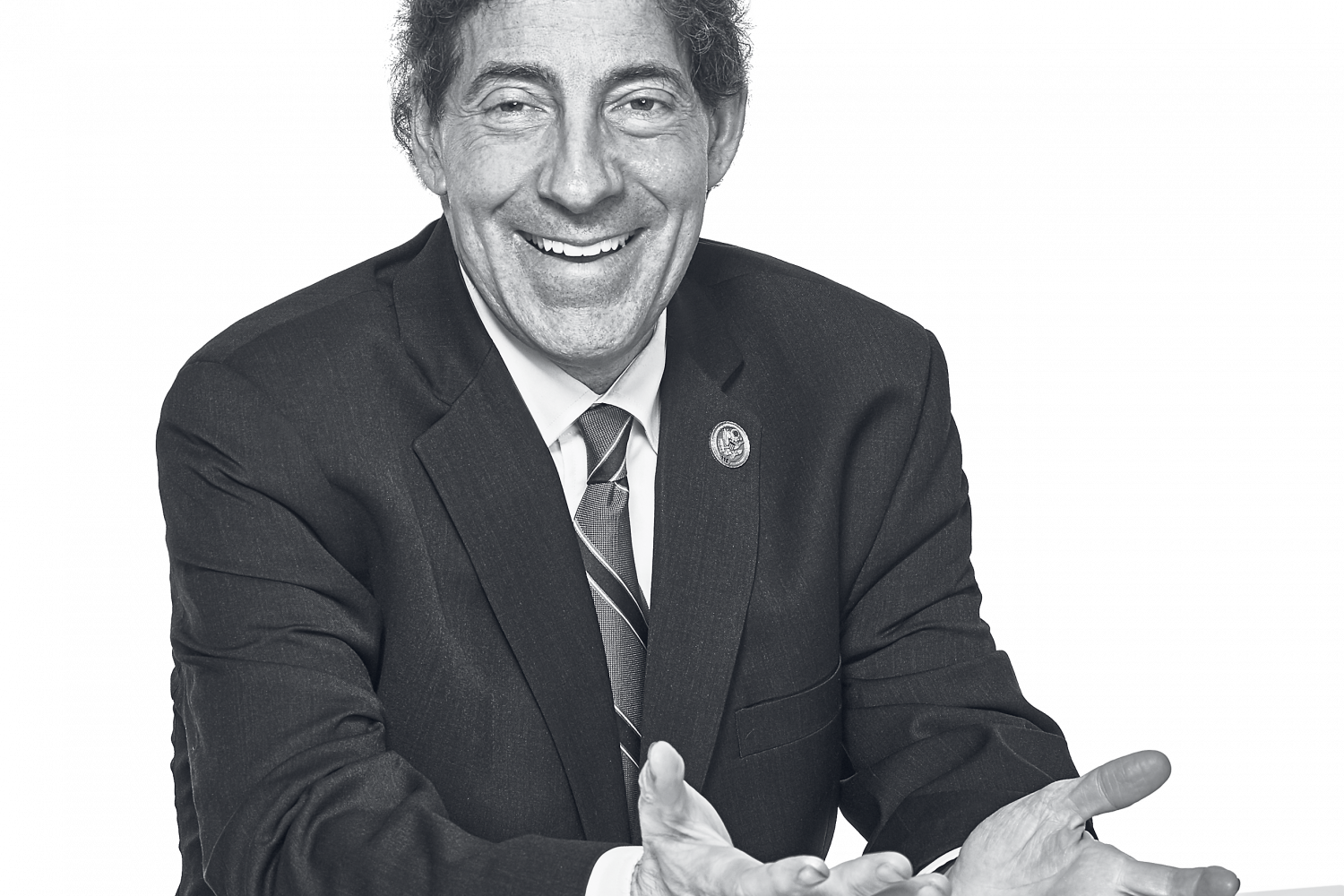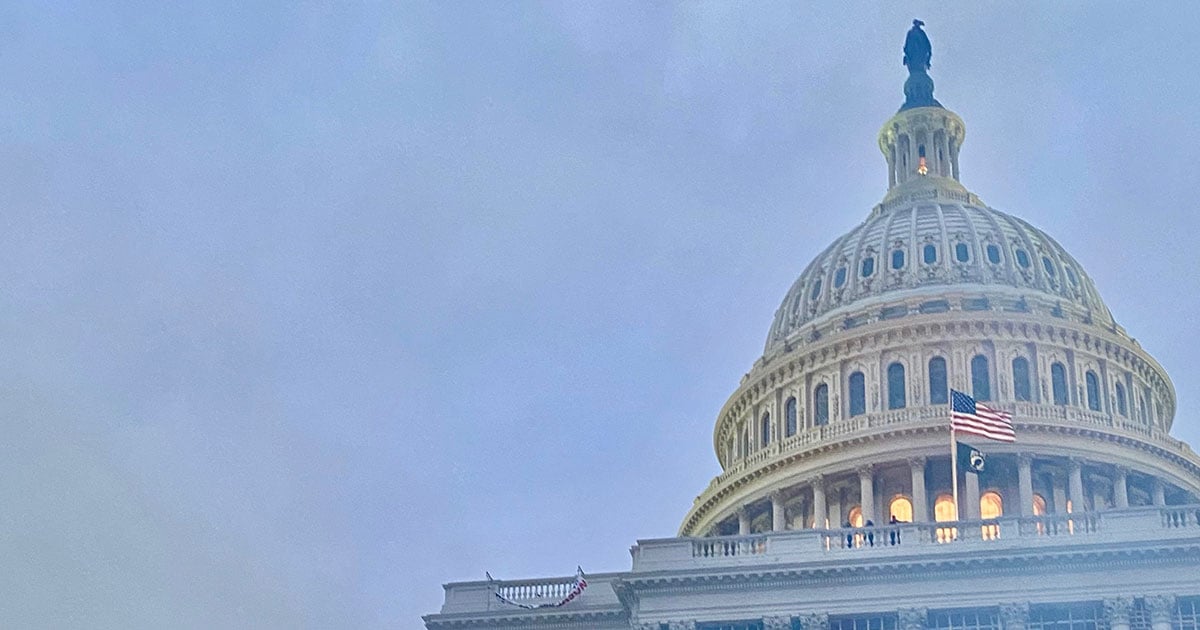It’s a rare accomplishment to provoke acrimony on a truly bipartisan basis. And yet that’s exactly what has befallen John Bolton—first by blowing up the impeachment proceedings with a revelations from his forthcoming tell-all book, and then with his insistence that he would testify before the Senate only if issued a subpoena. Bolton’s line in the sand will have big ramifications if the Senate votes to prohibit witness testimony, which they could do as soon as today.
Amid the amusement about Bolton’s revelations this week, a broader message was overlooked: Unless compelled otherwise, Bolton is refusing to tell the public about key details that almost certainly contain the much-hypothesized smoking gun of the Ukraine scandal. He gets to know them. You, however, do not—not unless you’re willing to fork over 30 bucks retail ($16.99 if you preorder on Kindle!).
Bolton’s stand has provoked disdain from both the left and the right, albeit for different reasons. From Republicans, the hostility is that Bolton has smushed his grubby fingers into the wedding cake Republicans had planned for the impeachment after-party. “It doesn’t take a subpoena to put out a statement,” Senator Deb Fischer told reporters this week, while Senator Ron Johnson implored Bolton, “Just tell the public what you know.” (The visibly annoyed senator added that Bolton’s book revelations were “exquisite timing, maybe suspicious timing.” You don’t say!)
There has been disgust from the left, too. Commentator Josh Marshall calls Bolton’s book “a disgrace”: The former national-security adviser has refused to tell the truth voluntarily, “while making it available for what is at the end of the day a private business venture.”
Both sides have a point, in a way. And yet Bolton is not the only person involved in The Room Where It Happened, now conveniently available for preorder. The publishing house, Simon & Schuster, knows what’s in it. So does Bolton’s literary agency, Javelin—the brand behind some of the most appetizing tell-alls of the Trump era, including A Warning by Anonymous, and A Higher Loyalty by James Comey. Javelin’s founders, Matt Latimer and Keith Urbahn, are practiced hands when it comes to keeping secrets, such as the parlor game that was made of guessing the identity of Anonymous.
Bolton’s book, however, has transcended parlor game or literary event. It is now something that will shape the future of the nation. Javelin and Simon & Schuster have near-exclusive access to a manuscript that holds key, inculpatory details about President Trump’s accused behavior, and in the midst of an impeachment trial that is possibly less than 24 hours away from ending.
It begs the question of what Javelin, along with Simon & Schuster, owes the public. It would cost little to do what Republicans have asked: Bolton wouldn’t even have to give a press conference. How about a book excerpt, for starters? Publishing the three paragraphs that narrowly relate to the impeachment inquiry would hardly put a dent in book sales. Do ethics or patriotism compel Bolton to share what he knows? If he refuses, do they compel his agents and editors to do the same? Is there a higher loyalty (so to speak) than whatever their workplace marching orders may be?
The implication is that in detailing things that may prove Trump’s alleged misdeeds, Bolton’s book is motivated by a sense of duty. But not unlike like the Anonymous author, Bolton’s sense of duty is a warped one if he believes that it’s better to make his stand from behind book covers than from a witness table. It now looks distinctly plausible that Bolton’s book may never see the light of day, raising more questions about what the chicanery was all for—besides selling a lot of books, of course.
All this bears an important caveat: For Democrats, ethics and political advantage swim in different directions. Bolton’s insistence on being subpoenaed is the only reason there has even been a serious debate about calling witnesses at all. It amounts to a dare that, intentionally or not, will frame Republican fecklessness in the face of their sacred obligation—exactly the message Democrats will try to send ahead of November. And it’s unlikely that Bolton’s testimony, if he had the chance to give it, would sway a single Republican. (Senator Lamar Alexander made this clear enough in his announcement to vote against witnesses.) In this narrow sense, Bolton’s profit-seeking may turn out to be a public good.
But let’s not confuse accidents of fortune for the hero-status some are thinking of according to Bolton. For a man famously possessed of arguments about clashes of civilizations and great men who sway the tides of history, Bolton seems anathema to being one of them. First Amendment advocates in the New York Times have noted that “Mr. Bolton is an unlikely standard-bearer for the public’s right to know” in the pursuit of publishing his book. But Bolton, his agency, and his publisher could be a different kind of standard-bearer—if they wanted to be.
Instead, Bolton’s book has shot to number one on Amazon’s politics section—right above Comey’s tell-all. Democrats may have gotten all they can out of Bolton’s escapades. But so, too, has Javelin, along with a number of others.


















